-
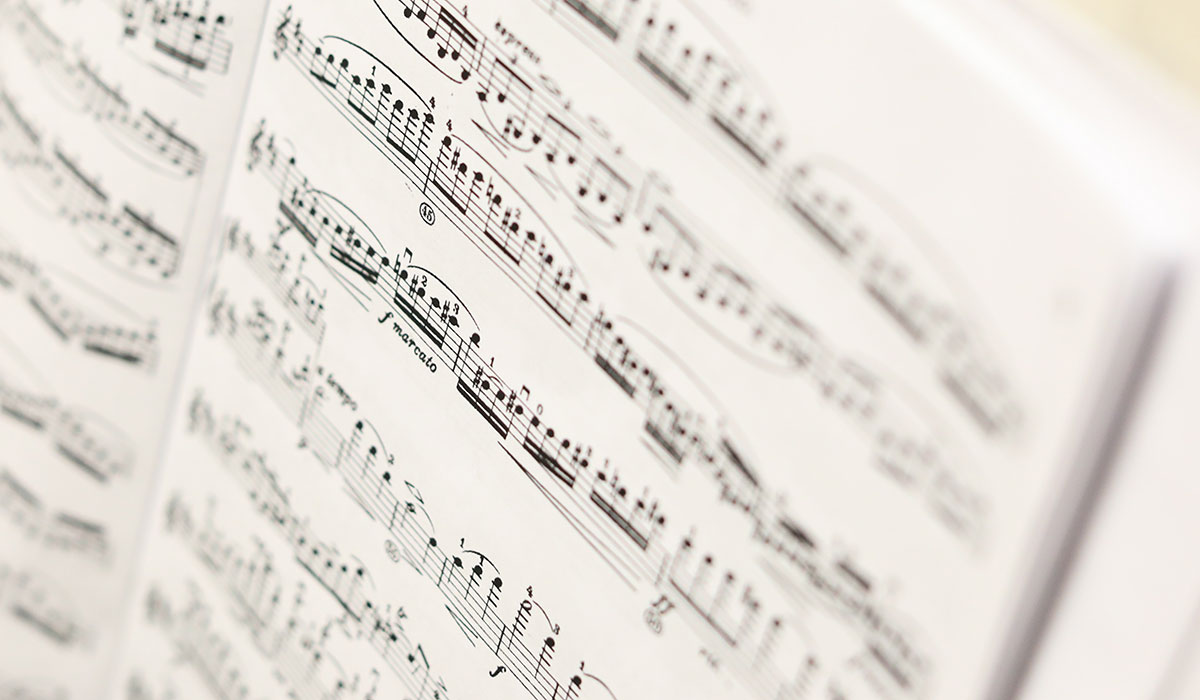
Musicology
Musicology explores the historical and cultural background of music with an openness to the many newer trends in musicology and related fields such as music theory, aesthetics, ethnomusicology, cultural history, and more.
Learn More -
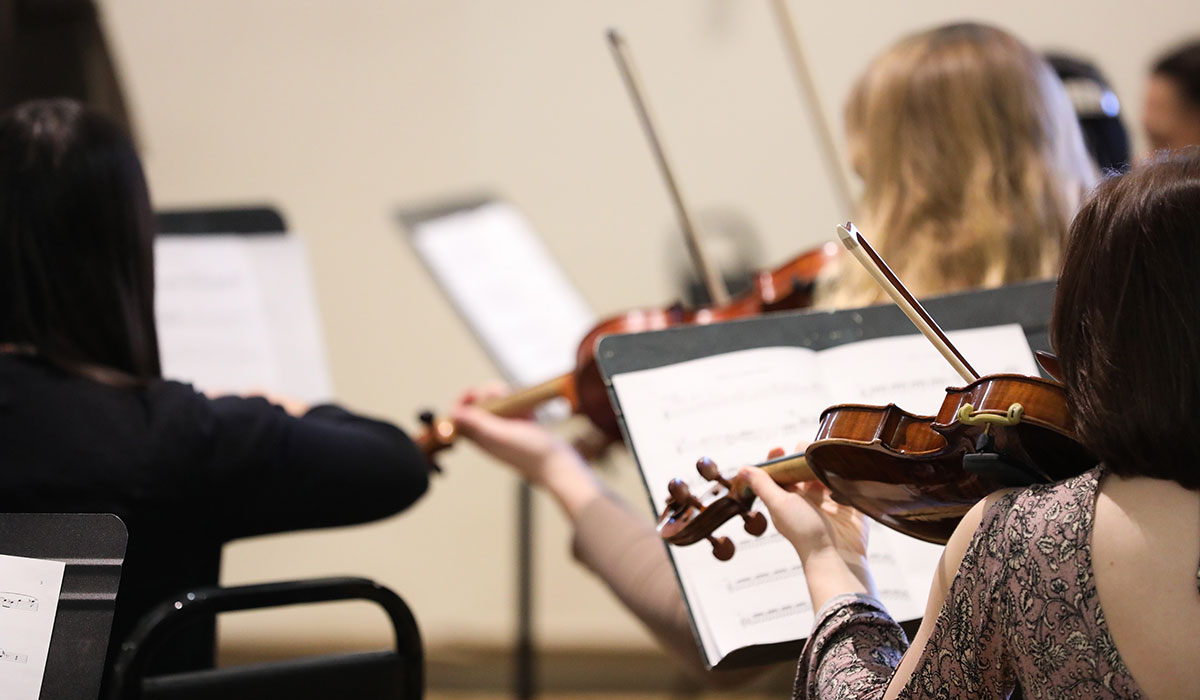
Orchestral Instruments and Conducting
The Orchestral Instruments and Conducting Academic Area is made up of students who enthusiastically embrace the discipline and joyous work of bringing great music to life, while developing their technical skill and musical imagination.
Learn More -
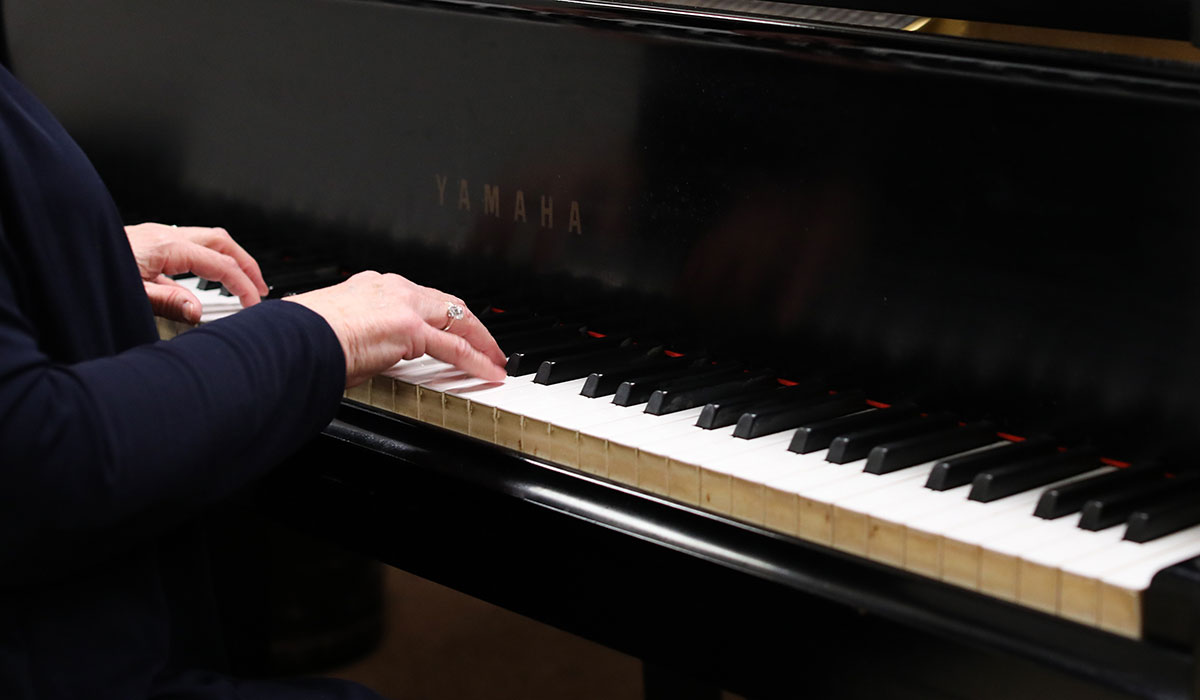
Piano
The Piano Academic Area is a growing and vibrant part of the Benjamin T. Rome School of Music. Its students seek to understand and develop as musicians by exploring challenging and varied repertoire.
Learn More -
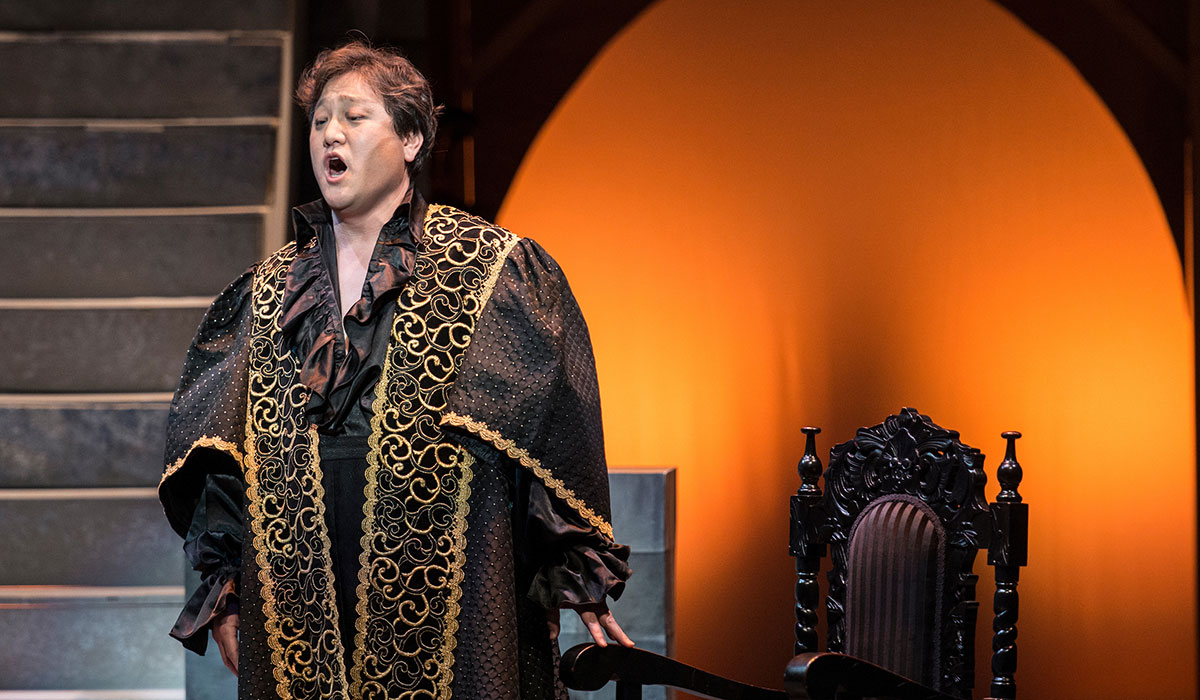
Vocal Performance
The Vocal Performance Academic Area supports an "Open Studio" policy, which encourages the vocal faculty to work as a team toward the progress of every student.
Learn More -
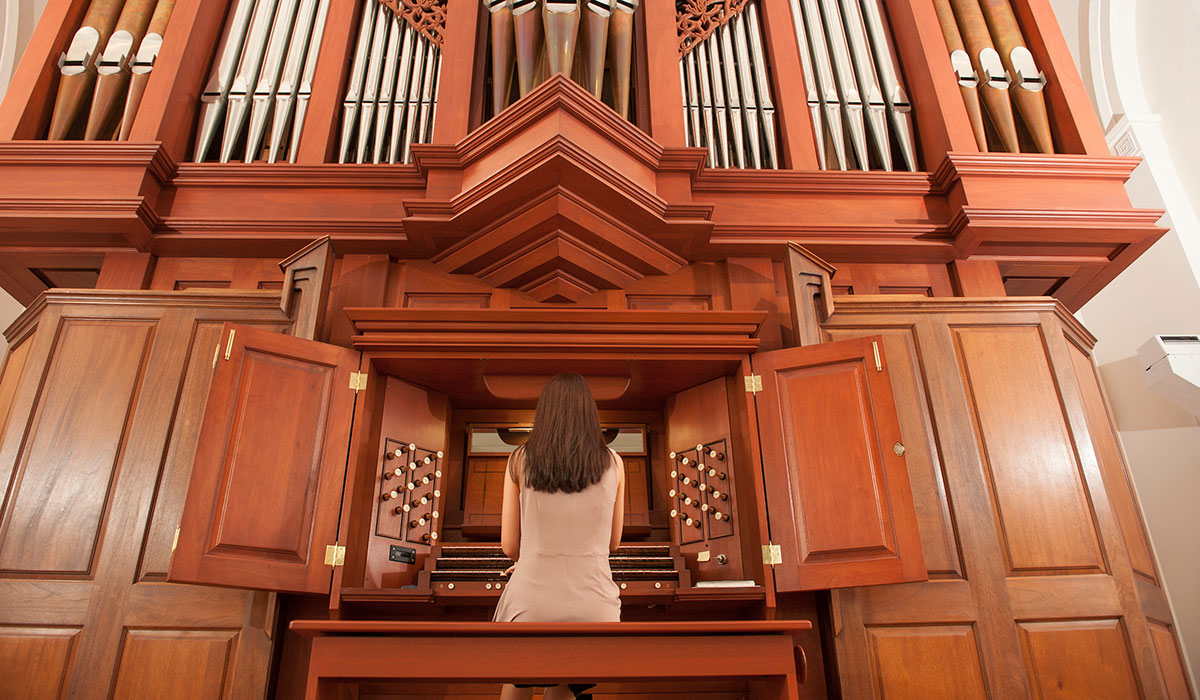
Sacred Music
The Sacred Music Academic Area provides a singular preparation for choral conductors, organists, and composers for service to the Church, the nation, and the world.
Learn More -
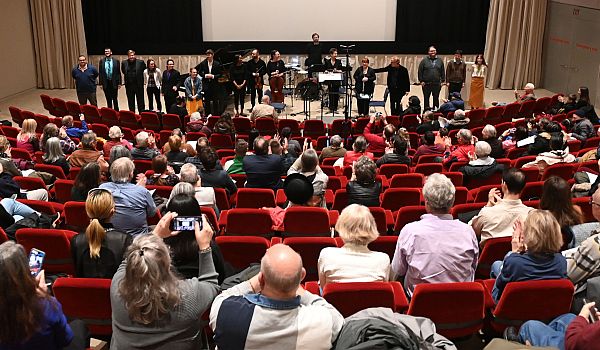
Theory and Composition
We are a community of composers, instrumentalists, singers, and conductors. Our musical backgrounds are diverse, and we share the common purpose of creating and performing new music.
Learn More
